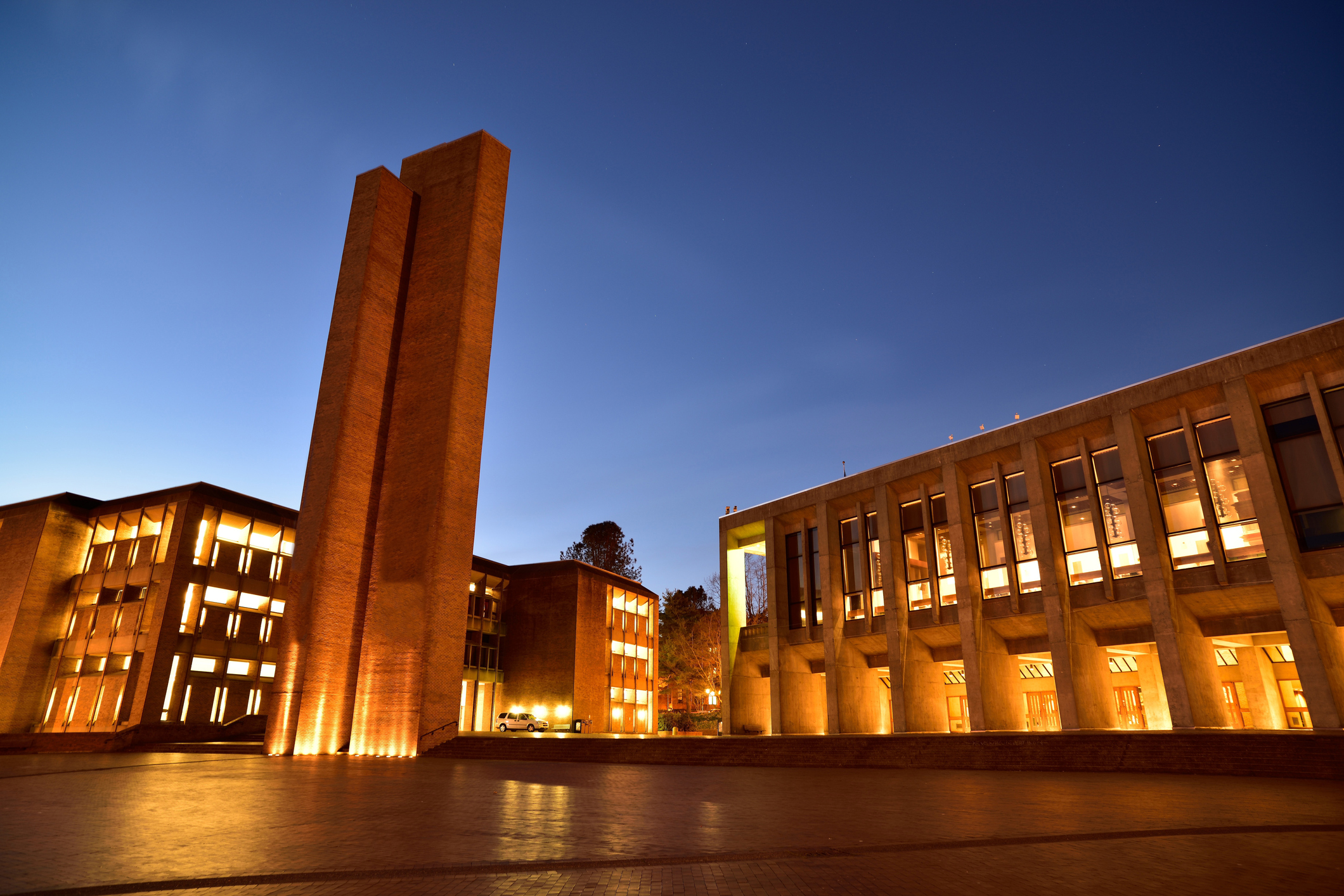VideosFree Speech
Pursue Truth: Never Fear, Never Waver
ACTA’s Hero of Intellectual Freedom award was presented to Roland G. Fryer, Jr., professor of economics at Harvard University.
The University of Washington (UW), centered in the heart of Seattle and well-known as a liberal university, still has conservative students who  hurry across its famous Red Square and meet together in Suzzallo Library’s “Harry Potter” hall, furtively discussing in low tones what can be done to open up the campus to more diverse viewpoints. When I was an undergraduate there, involved in various conservative clubs, our memberships were abysmally low, and protests—even in response to our innocuous information booths—were constant. It took months to secure permission from the Student Activities Office merely to set up recruitment tables across the quad, let alone hold events. Because our groups were small, attendance at our events was similarly low, and we found it odd that events with such small turnouts necessitated multiple campus police officers. We feared voicing our thoughts if they diverged from mainstream opinion, and faced intimidation from peers in class for simply offering alternative views.
hurry across its famous Red Square and meet together in Suzzallo Library’s “Harry Potter” hall, furtively discussing in low tones what can be done to open up the campus to more diverse viewpoints. When I was an undergraduate there, involved in various conservative clubs, our memberships were abysmally low, and protests—even in response to our innocuous information booths—were constant. It took months to secure permission from the Student Activities Office merely to set up recruitment tables across the quad, let alone hold events. Because our groups were small, attendance at our events was similarly low, and we found it odd that events with such small turnouts necessitated multiple campus police officers. We feared voicing our thoughts if they diverged from mainstream opinion, and faced intimidation from peers in class for simply offering alternative views.
Attendance at our events grew steadily since 2012, my first year at UW, and I was optimistic that intellectual diversity was beginning to flourish. Earlier this month, however, the University attempted to charge the College Republicans $17,000 in security fees for inviting a controversial speaker from Patriot Prayer, a conservative organization, to hold a free speech rally on Red Square. The fees would cover protection against angry protesters. The College Republicans challenged UW on the grounds that the University should not hold them responsible for the potential reactions of other students who disagree with the speakers’ viewpoints. In other words, the “heckler’s veto” must not override the free exchange of ideas. A federal judge appropriately blocked UW from proceeding with its intended billing, but UW apparently intends to litigate to have the prerogative of imposing such security fees on groups that invite speakers that could draw protest.
The University’s fears over campus violence are, of course, understandable. A man was shot and wounded at an event last year when provocateur Milo Yiannopoulos came to speak. The University, properly, honors its obligation to take proactive measures to protect students, but its desire to charge the sponsoring group to cover security costs holds an even greater danger to UW and all other institutions of higher education.
That danger is creating an intellectual echo chamber in which only the voices that reinforce the social and political orthodoxy of the campus can flourish, because UW will render all other voices too expensive to be heard. A 1992 decision by the Supreme Court in Forsyth County v. Nationalist Movement ruled that a University “offends the First Amendment when it imposes financial burdens on certain speakers based on the content of their expression.” Protecting the rights of a controversial speaker and the sponsors may be costly, but, as the saying goes, freedom is not free. A great education challenges assumptions and beliefs; for UW to continue to be a great university, it now must show just how much it values open intellectual exchange.
On behalf of UW alumni, I urge the University to stand up for the principles of free expression and free inquiry, which are the very lifeblood of education. There is no doubt that UW is now being put to the test. Can it make good on the University of Washington Policy on Free Speech, which articulates that rights to free expression “exist in equal measure for each member of the university community”? The dominant campus culture tilts Left. So be it. But it is the duty of the university to ensure that this is not the only voice heard on campus. By doing so, no student will feel relegated to tiny corners of the library. Instead, all students will be encouraged by the welcoming environment where their ideas are valued and can be exchanged freely for the benefit of the entire university community.
ACTA’s Hero of Intellectual Freedom award was presented to Roland G. Fryer, Jr., professor of economics at Harvard University.
Fall is a wonderful time at Furman University. Friends are reuniting after a summer apart. The mall is teeming with football tailgates. The leaves are just beginning to turn. All on one of the most beautiful college campuses in the country. It should be an ideal place to learn and grow.
Launched in 1995, we are the only organization that works with alumni, donors, trustees, and education leaders across the United States to support liberal arts education, uphold high academic standards, safeguard the free exchange of ideas on campus, and ensure that the next generation receives an intellectually rich, high-quality college education at an affordable price.
Discover MoreSign up to receive updates on the most pressing issues facing our college campuses.